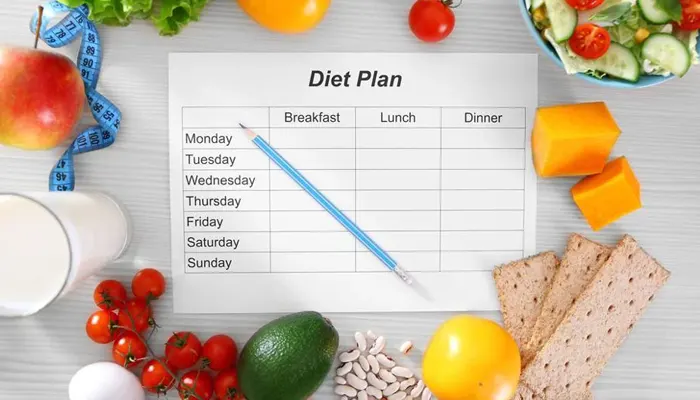Sabzi of the Day - Beetroot Magic: Health Perks & Creative Ways to Enjoy
- Sayan Paul
- 1 year ago
- 4 minutes read

Packed with a strong flavor and plenty of medicinal properties, beetroot has been cultivated for centuries in several parts of the world.
Beetroot, commonly known as beet, is inarguably one of nature's wonders that we can never get enough of - in terms of both its taste and health benefits. And beyond all that, it also provides a splash of color to your plate, making it incredibly tempting. That's why it has been cherished all across the world for thousands of years.

In this article, we will discuss its nutritional content, health benefits, and some irresistible recipes.
A Nutritional Powerhouse
Thanks to its rich nutrition profile, beetroot is widely considered a superfood. A 100-gram serving contains:
Protein: 1.7 grams
Fat: 0.2 grams
Carbs: 10 grams
Fiber: 2 grams
Folate: 20% of DV (Daily Value)
Copper: 8% of the DV
Iron: 4% of the DV
Manganese: 14% of the DV
Magnesium: 6% of the DV
Potassium: 7% of the DV
Vitamin C: 4% of the DV
Vitamin B6: 4% of the DV

Besides, it also contains lots of antioxidant, anti-inflammatory, and anti-microbial properties.
The Bliss of Beetroot - Health Benefits
If consumed regularly, beetroot may help improve your health in numerous ways.
Happier Heart: What primarily sets beetroot apart from other vegetables is its high nitrate content. According to several studies, nitrates help relax the blood vessels, which further brings down blood pressure levels in your body. Also, folate, present abundantly in beetroot, also aids in reducing blood pressure levels as well as bad cholesterol.
Studies have found that people who consume beetroot regularly are at a lower risk of developing both systolic and diastolic blood pressure. Subsequently, it's highly beneficial for heart health, reducing your risk of various cardiovascular diseases.

Gut Goodness: Thanks to our bad dietary habits and poor lifestyle choices, gut issues are on the rise across the world. As you may know, maintaining good gut health is crucial for an overall healthy body. Well, beetroot has got you covered here!
Packed with dietary fiber, beetroot aids in the secretion of various juices in the digestive system, improving your gut health to a great extent. In the long run, it may help reduce your risk of developing issues like constipation and inflammatory bowel disease (IBS). On the other hand, some studies have found that people who consume beetroot every day are at a lower risk of colon cancer.

Brain Boost: Your brain gradually loses its abilities as you age, leading to various neurodegenerative disorders, such as dementia. And that's why both doctors and nutritionists recommend everyone to eat beetroot daily.
The high quantity of nitrates in beetroot increases blood flow to the brain, especially its frontal lobe which is associated with higher level thinking and memory. Furthermore, it contains various antioxidants that fight oxidative stress and free radical damage, enhancing your brain's functions significantly.

According to a 2019 study, people who consume beets at least 4 times a week have a 38.76% lower chance of developing cognitive disorders.
And the list doesn't end here. Besides these, the vegetable also fights inflammation, controls diabetes, and improves athletic performance.
Now, How To Enjoy?
Apart from its nutrition profile, the best thing about beetroot is that it's remarkably easy to add to your diet. If you want to enjoy the most of its earthy sweetness, add it raw to your everyday salad and serve it fresh. For a light option, you can also cook beetroot puree and rice together and make beetroot risotto. During winter, you can go for beetroot soup coupled with potatoes, carrots, and tomatoes. Also, for a quick morning nutrition boost, a beetroot smoothie could be an amazing option.

Beetroot is incredibly healthy for everyone. However, individuals with a history of kidney stones should consult with a nutritionist before incorporating it into their diet.












